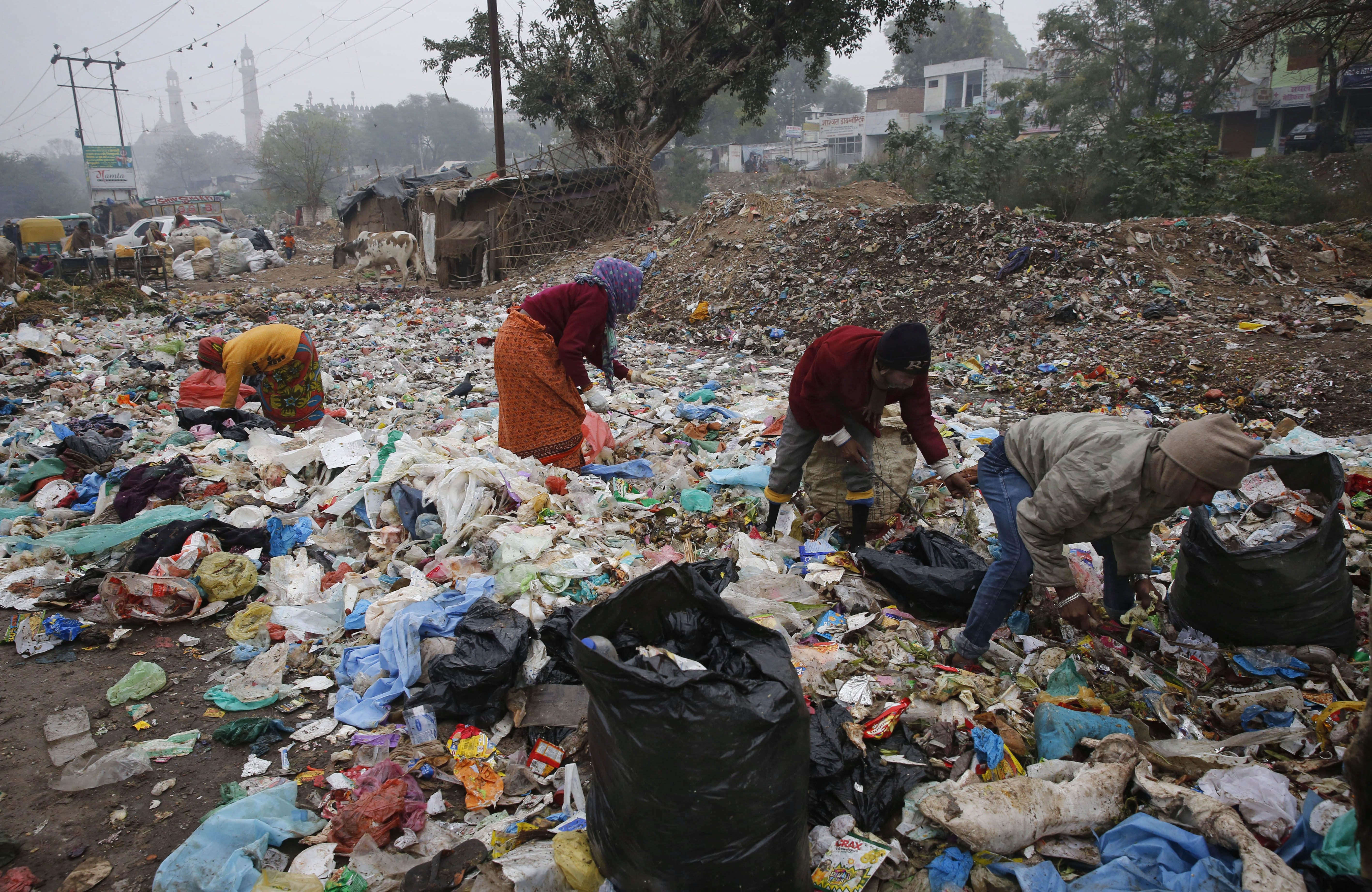Canada is expected to propose a charter to reduce plastic pollution at the upcoming meeting of the G7 leaders in Charlevoix, Quebec. More than 40 Canadian environmental groups are urging the Canadian government to promote such a charter at the international table and to devise its own national strategy to reduce plastic waste.
G7 Charter wish list
The environmentalists are hoping a G7 charter will cover four areas:
-targets for reducing the amount of plastic waste produced around the world
-domestic strategies to help meet those targets
-commitments to working with industry to develop better products to either replace plastic or to make plastic more recyclable
-assistance for developing countries to help them build the policy frameworks necessary to keep plastics out of the environment.

Ashley Wallis says the G7 summit is a good opportunity for countries to commit to reducing plastic waste. (Environmental Defence)
‘People…want action’
There is hope G7 leaders will agree to a charter. “Plastic pollution isn’t really a contentious issue in the public realm,” says Ashley Wallis of Environmental Defence. “People are really concerned about this. They want to see action. I actually think one of the biggest opportunities for failure of the government would be if they proposed something that didn’t go far enough.”
So far, only three of the G7 countries have plastics strategies or policies in place and Canada is not one of them. “I do see that it might be challenging to get alignment on aggressive targets or aggressive timelines. And I think those pieces are actually really important.”

Polythene bags litter a dump in Lucknow, India. Environmentalists say rich countries have a duty to help developing countries deal with plastic waste. (Rajesh Kuman Singh/AP Photo/Jan. 21, 2016)
Developing countries should get help, say environmentalists
Ideally, Wallis would like to see G7 leaders set a target to reduce plastic use or increasing plastic recycling. She favours a commitment to reduce plastic entering the oceans and the environment by 85 per cent by 2030. “That would be fantastic,” she says, as would be an acknowledgement that much of the plastic dumped by developing countries originates in wealthier ones. She would like to see the G7 offer funding and expertise to help those countries to manage plastic waste and to make producers responsible for the cost of waste collection.







For reasons beyond our control, and for an undetermined period of time, our comment section is now closed. However, our social networks remain open to your contributions.